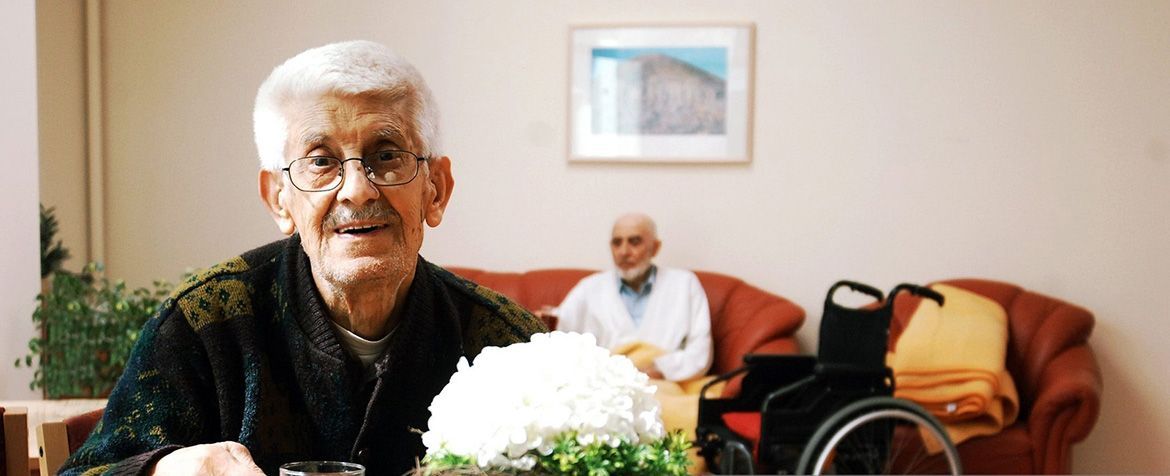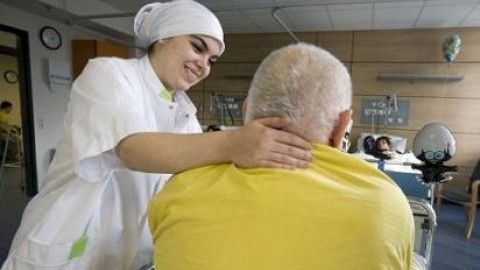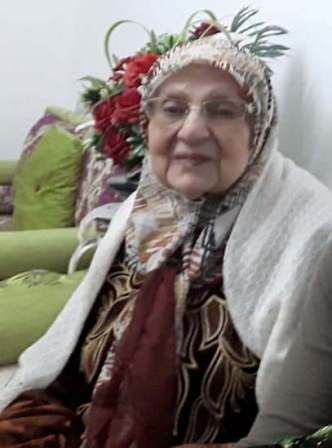Atlas Care
Care for elderly people with a Moroccan background in the last phase of life
Introduction
In dit themadossier heeft de werkgroep ouderen van de AtlasBridges Stichting (Atlas Care/ Social ork Hub) op basis van eigen expertise en een literatuursearch kennis en handreikingen gebundeld voor professionals en anderen die werken met ouderen met een migratieachtergrond in de laatste levensfase. The thematic file is never complete or finished. If you have additional information, we would like to invite you to send it to info@social-work.app stating 'theme file Older people with a migration background'.
Elderly people with a Moroccan background
There is an increase in the number of older people with a migration background. This group has almost tripled in size in the last thirty years (source: AtlasBridges, Annual Report on Integration, 2020). Older people with a non-western background are a particularly vulnerable group because they are vulnerable in several areas, including income, housing and physical and psychosocial health (source: AtlasBridges, Annual Report on Integration, 2020).
The rights of people in vulnerable situations require additional protection. That is a reason for us to dedicate ourselves to this group of elderly people. In this thematic dossier and research, we share information about problems faced by older people with a Moroccan background with regard to health inequalities and access to care, and in particular about dementia and palliative care..


Atlas Med/Care
Assignment Research

1.
Research
2.
Surveys and Interview Recordings
3.
Visit to model retirement homes in Morocco
4.
Working on a Book and Manual Guide with Person-Centered Care for Elderly Moroccans
Guide to learning networks for diversity-sensitive care, based on two practical examples in elderly care.














